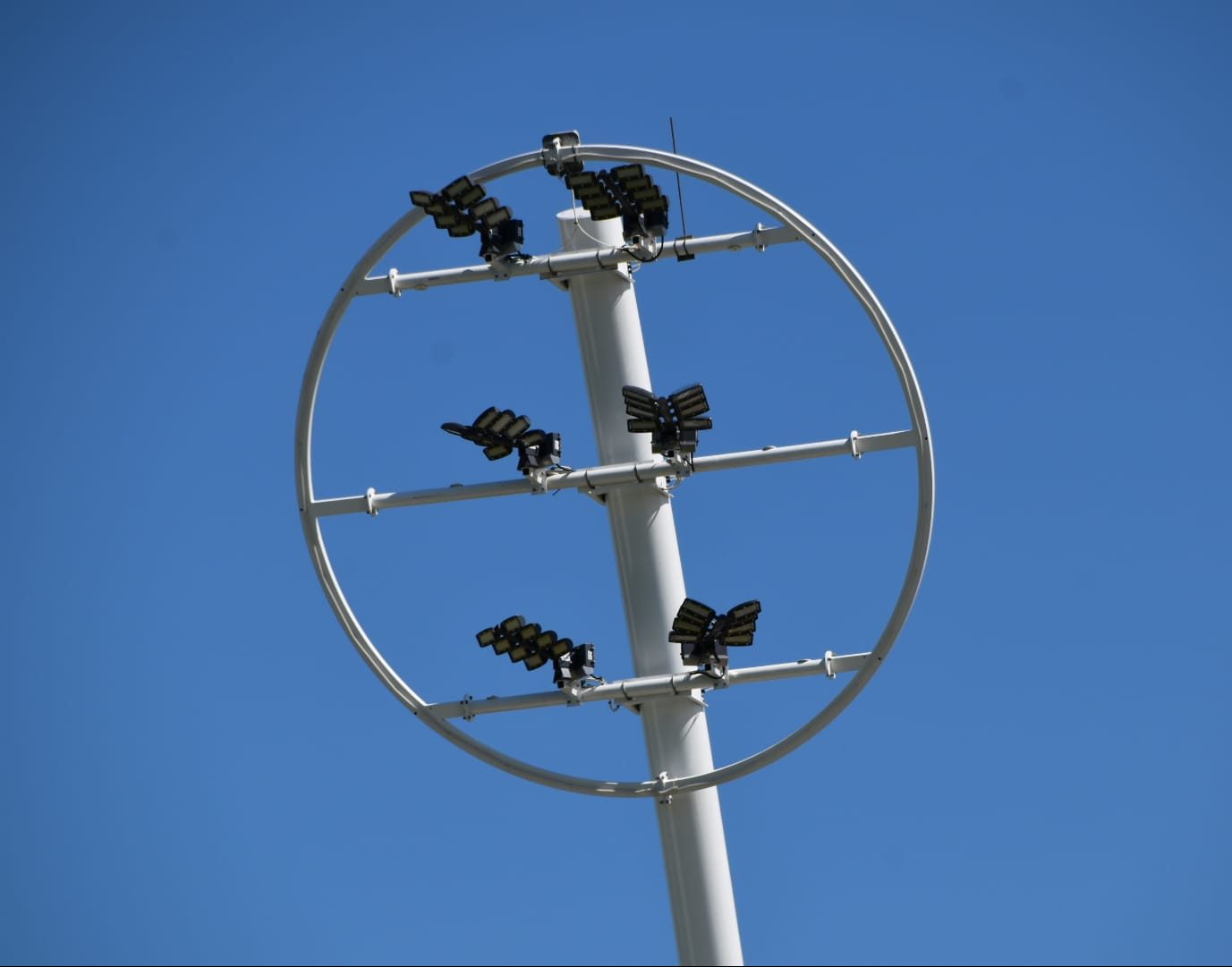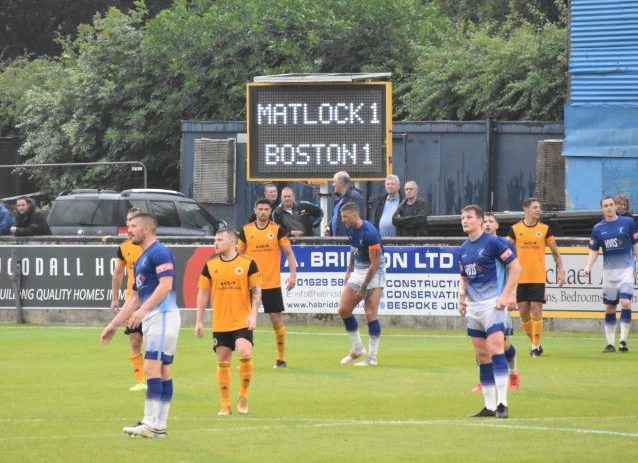Twitter can be a dangerous place when your football team’s just been shafted by a local rival, the blank ‘say something!’ canvas tempting you into broadcasting rash judgements and ill conceived, half-baked opinions in the immediate aftermath of defeat, before you’ve given things time to settle.
Course, the same can be true when things are going well – so when Boston went 2-0 up on Tuesday night and I tweeted (jokingly) that we were on our way to the play-offs, I should’ve known better. Kettering came roaring back and United’s stupendously bad season staggered out into the night and fell into the gutter.
Like many fans who thought sacking Craig Elliott last Christmas was a premature decision (albeit one not shared by everyone, which is fair enough), it’s tempting to look back at that sacking and attempt to pin the blame there. Everything since – with the exception of two excellent wins away at Fylde and Kidderminster – has been mostly rubbish and United’s failure to give York a game in the play-off final was, in hindsight, perhaps a warning as to Paul Cox’s long-term suitability for a club where expectations are now sky high.
But Elliott’s sacking, whether you agreed with it or not, provides an all-too-tempting carving of eras, between the solid if unspectacular time we spent under Craig, and the now faintly comic shambles we see week in and week out on the pitch – a complete contrast to the rest of the club, which is almost certainly in the best condition it has been since its formation in 1933.
But lashing out at fans who “got what they wanted” when Elliott was booted isn’t really the correct response. It was more a visceral reaction to a horrible, damaging, deflating defeat to a historic rival, and, more importantly, a relegation rival too. And it ignores the fact that Boston have churned through an incredible amount of playing staff as first Cox and now Ian Culverhouse struggle to put out a team that can grind out results, or even play well in more than short bursts. In short, it gets the current boss off the hook.
It’s clearer now that those who criticised the summer recruitment were right all along. Players who arrived with decent reputations elsewhere, some with Player of the Season gongs under their belts, failed to reproduce their past form at the JCS, either because they couldn’t be arsed, or because Paul Cox’s form of football was, despite his protests, as rudimentary as his critics said it was all along. You can blame the (now departed) scout for that, but I’ve always felt the ultimate responsibility had to lie with Cox himself, and if he placed too much trust in his recruitment team to match certain players with his kind of football, then that’s on him.
With Cox given the heave-ho, the next theory was that the players who’d been signed would thrive under the more expansive style of Ian Culverhouse, and nobody who listened to Paul Bastock’s first interview as assistant gaffer could have failed to be impressed by what he and the team had planned. But alas things did not discernibly improve, and Culverhouse is now attempting a mid-season engineering job not dissimilar to the one Craig Elliott had to attempt when he assumed control of Adam Murray’s band of misfiring misfit. The key difference is that Adam Murray’s team was simply better than that which Culverhouse has inherited, and Elliott’s additions were to complement what was already here rather than build everything from scratch. The latter job is not impossible of course, but it is extraordinarily difficult with the threat of Southern League Central football hanging over your head, particularly with a team lacking natural leadership on the pitch and seemingly incapable of defending.
The last thing a beleaguered Boston need right now is another date with notorious Pilgrims torturer Billy Heath, but that’s exactly what awaits on Saturday afternoon. That reverse victory last year – an excellent defensive performance in a 1-0 win – now seems like a complete anomaly but if Boston United are to save their season – and possibly Culverhouse’s future – it’s going to have to happen again.




